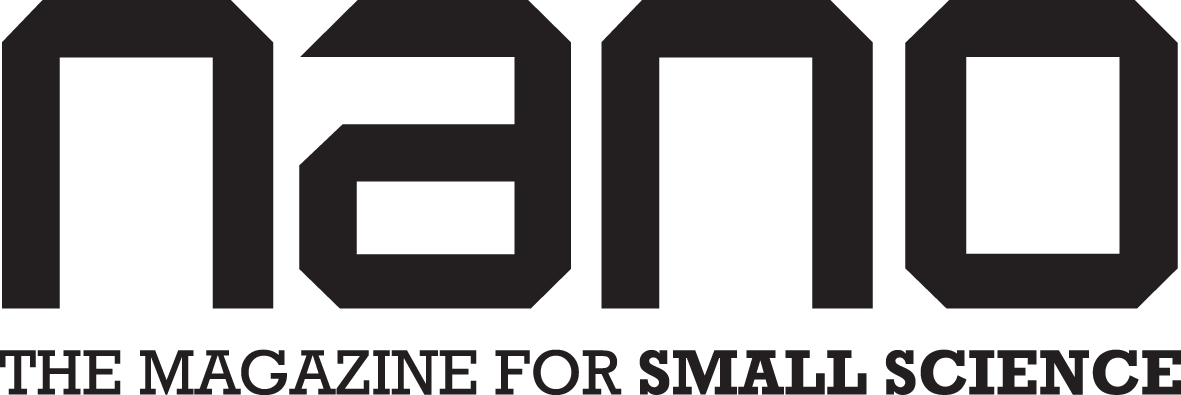Korean students apply new business ideas to nanotechnology

From steering wheels with built-in alcohol-detecting breathalyzers to a smart pillow that automatically adjusts itself to help mold a newborn’s head into the right shape, South Korean college students have been recognized for coming up with ideas for several new nanotechnology-based innovations that have yet to hit the market.
South Korea’s Ministry of Science and ICT on Thursday awarded 10 student teams from local universities for winning a competition to present viable ways to apply Korea’s current nanotechnology techniques for practical use in the real world.
Last month, the ministry partnered with local startup solutions provider Maru180 to host an inaugural competition to discover and support innovative nanotechnology-based business ideas from local college students.
The ministry opened up the details of 10 nanotechnology techniques owned by Korea’s top science and technology research bodies to university students, who were then asked to come up with ideas of products that could be realistically built based on the nanotechnologies.
The grand prize was handed to Korea’s leading science and technology research university KAIST that sought to build an “anti-drunk driving steering wheel” by combining 3-D printing with gas sensors based on nanostructured materials.
When a person gets in the driver’s seat, the steering wheel equipped with the nano gas sensors would detect the amount of ethanol content in a person’s breath. If alcohol intake is confirmed, the car would give a warning to the driver or automatically shut down the engine from starting.
The gold prize went to a team from Ulsan National Institute of Science and Technology that developed a smart pillow designed to help mold a newborn baby’s head to the right shape. It recognizes the baby’s skull shape based on the amount of pressure it detects, and inflates and deflates based on the needed corrections.
Other prize-winning ideas include Sungkyunkwan University’s portable drum set and sticks able to recognize the location and pressure being applied to them, to emulate the intricate sounds of real-life drums.
Pohang University of Science and Technology was also recognized for presenting a system that translates pigment information into temperature data using a special camera glass coated with carbon nanotubes, among other invention ideas.
The Commercializations Promotion Agency for R&D Outcomes, an organization under the Science Ministry, plans to provide business and legal support, including potential tech transfer opportunities, to the winning teams interested in translating their ideas into commercial products.





